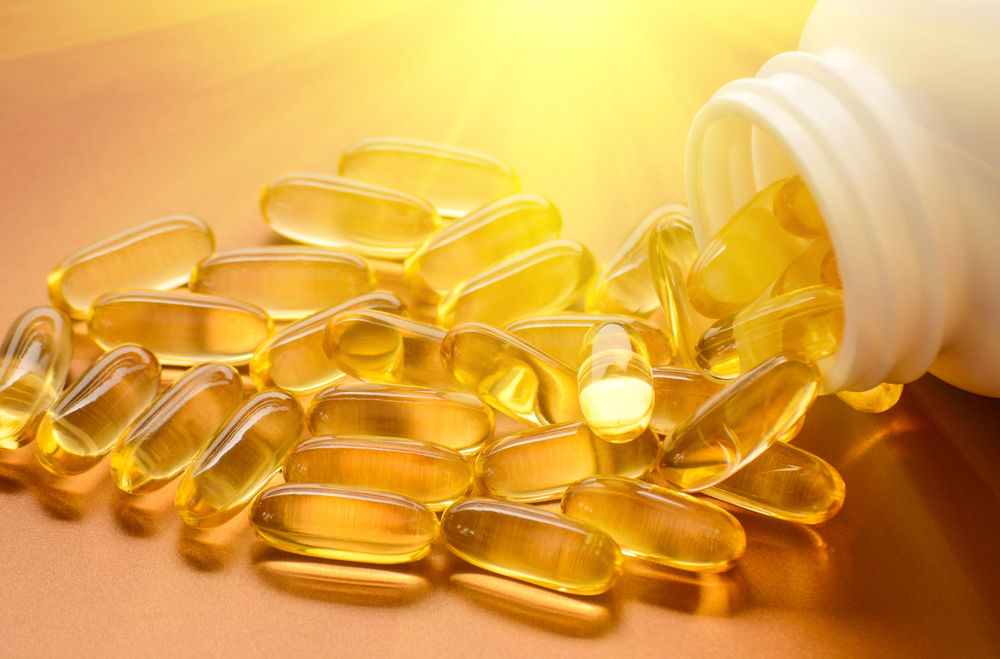Vitamin Supplements - Friend or Foe?
At some point or another, you've probably coughed or sneezed and had someone say, "Did you take your Vitamin C?" If you've been tired and run down, you have likely had someone ask, "Are you taking enough Iron?" It seems like there is always that one friend or relative who is certain supplements are a necessity, and they are happy to rattle off a list of what you should be taking. Are those old wives' tales, or do supplements make a difference?
The Friendly Side

Some people can definitely benefit from supplementing their diet with vitamins. Pregnant women need a prenatal vitamin with folic acid. It helps prevent congenital disabilities of the baby’s spinal cord and brain. Calcium guards against the mother’s bone loss as baby takes calcium for its own bone growth, and iodine helps keep the mother’s thyroid functioning properly. For those who are low on iron or anemic, supplementing is essential for their health. Not enough iron can cause severe fatigue and weakness, premature birth, and can even lead to heart problems.
More and more Americans are finding themselves in office jobs surrounded by four walls and almost no sun exposure. For those who don't get much sun, a vitamin D supplement may be essential. There aren’t many foods with a significant amount of vitamin D, so it’s hard to get enough with diet alone. Vitamin D helps your body absorb calcium and strengthen bones.

Two other groups who may benefit from vitamin supplement are the elderly and those who follow a strict vegan diet. Vitamin B12 is needed for making red blood cells and keeping our brains healthy and functioning properly. The elderly can have issues with the acid and stomach enzymes required to absorb this particular vitamin and can’t get enough from diet alone. Vegans need supplementation because Vitamin B12 shows up mainly in dairy and meats, so they’re are at a risk of not getting enough if they aren’t eating vitamin B12 enriched foods.
The Foe Side
While vitamin supplements have their place, a person can certainly get too much. An excess amount of folic acid (more than 1000 mcg a day) can mask symptoms that a person isn’t getting enough vitamin B12. A deficiency of vitamin B12 can cause nerve damage. Likewise, high levels of Vitamin A can cause congenital disabilities and Iron can irritate the stomach and cause constipation and diarrhea. An excess of vitamin A can also be harmful to your bones according to the National Institute of Health.

Even more frightening is the fact that too much of certain vitamins can cause serious medical issues or in some cases death. Iron is one vitamin when taken in excess that’s associated with a higher risk of death for older women, and the Mayo Clinic suggests an excess of Vitamin E is responsible for an increased risk of heart failure and premature death.

Vitamins can also interact with certain medications, so you should check with your doctor or pharmacist before starting any supplement.
The Bottom Line

The bottom line is that vitamin supplements are okay to take if you're one of those people who really need it. However, if possible, you should try and get your vitamins and minerals naturally through a balanced, healthy diet full of a wide variety of fruits, vegetables, and other foods.

















